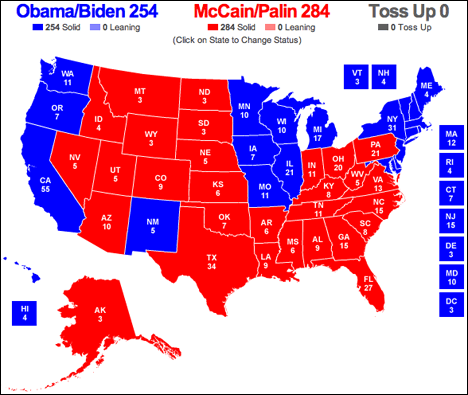With a friend/partner you trust, but verify. Since Realtor.com is not seen around here as a friend, many of you adopted a new slogan: Don’t trust and don’t verify. I make it a rule to never believe anything that doesn’t seem to make sense.
The NAR/R.com response…
NAR, REALTOR.com Set Record Straight on Erroneous FSBO Claims
A press release issued on Wed., Nov. 12, by ForSaleByOwner.com contained inaccuracies and misleading statements about its ability to place unlisted for-sale-by-owner information on REALTOR.com, the official Web site of the National Association of REALTORS® operated by Move Inc. NAR and REALTOR.com are setting the record straight with the following clarifications:
1) The settlement agreement between NAR and the U.S. Department of Justice made no provision to allow unlisted properties, such as “for-sale-by-owner,” to be posted on REALTOR.com.
2) ForSaleByOwner.com does not in any way enable home sellers to advertise their home on REALTOR.com without broker representation; every property on REALTOR.com must be listed by a licensed real estate broker.
3) REALTOR.com has not authorized ForSaleByOwner.com to resell REALTOR.com’s Showcase Listings Enhancement package.
4) There is no relationship between ForSaleByOwner.com and REALTOR.com.
5) There are no unrepresented homes on REALTOR.com. Every property on REALTOR.com must be listed by a licensed real estate broker, and unrepresented properties would not qualify to be submitted to a REALTOR®-owned and operated MLS.
REALTOR.com® has asked ForSaleByOwner.com to issue a retraction. ForSaleByOwner.com did not discuss in advance the statements in its press release with REALTOR.com® nor did it request or receive permission to use the REALTOR.com® name in its press release. For more information contact Lucien Salvant 202/383-1176.

